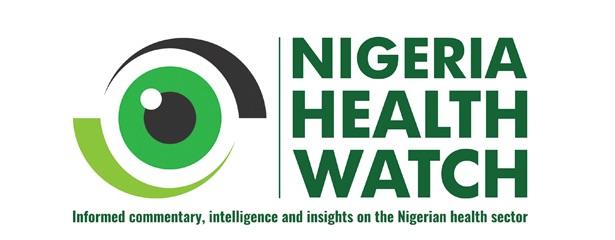Misinformation and disinformation continue to threaten public health, eroding trust, fueling vaccine hesitancy, and weakening global responses to epidemics. This was the key message at a recent high-level webinar hosted by Nigeria Health Watch, titled “Networked Approaches to Combating Health Information Disorder.”
Delivering the welcome remarks, Vivianne Ihekweazu, Managing Director of Nigeria Health Watch, warned that false health information is not just a nuisance, it spreads faster than actual viruses and can derail public health efforts. She stressed that solving the crisis of misinformation demands more than isolated interventions; it requires collective action across health, media, and policy sectors.
“No single sector can tackle this alone,” Ihekweazu said. “The way people access and interpret health information differs widely, especially across age groups and communities. That’s why collaboration, trust-building, and shared responsibility are essential in building effective health communication networks.”
She called for a united front against the growing wave of health misinformation online, urging experts to adopt a “networked” model that prioritizes coordinated strategies over scattered efforts. According to her, improving health outcomes in the digital age requires connecting stakeholders across sectors to ensure accurate, timely, and culturally relevant information reaches the public.
Joining the discussion was Prof. Adam Kucharski, an internationally renowned expert on infectious disease modeling, who broke down the mechanics of how health misinformation mutates and spreads across platforms, comparing it to the evolution of viruses. He explained that although viral misinformation dominates headlines, only about 0.3–0.4% of pandemic-related online content was officially flagged as false.
Read also:
- Health workers in Cross River threaten indefinite strike, issue 7-day ultimatum
- Bonny seeks specialised hospital for pollution-related health challenges]
- FMC Abuja makes history with first successful Kidney Transplant, boosting confidence in Nigeria’s healthcare system
However, that small percentage still caused significant damage due to its speed and reach. “It’s not just about debunking,” Prof. Kucharski said. “We need to understand the shape of the problem. These misinfo variants adapt quickly and often bypass detection. Social media algorithms are part of the puzzle, but structural platform changes and preventative strategies are just as important.”
He highlighted proactive approaches such as limiting message forwarding on platforms like WhatsApp, redesigning search algorithms to filter harmful content, and deploying “pre-bunking” methods that prepare people in advance to recognize and reject false information. He emphasized the importance of media literacy, urging that communities be empowered to critically evaluate the flood of information they encounter daily.
“Fighting misinformation is not about chasing every lie, it’s about building systems strong enough to withstand them,” he added.
Echoing this sentiment, Hannatu Bello, Head of Disease Prevention and Health Promotion, emphasized the need for robust community engagement, social listening, and the formation of trusted networks both online and offline. According to her, countering misinformation during health emergencies goes beyond fact-checking it requires understanding local contexts and proactively shaping public narratives before harmful falsehoods take root.
